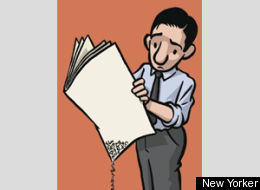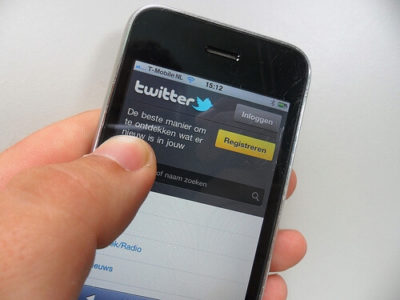David Elfin is a columnist for 106.7 The Fan in Washington, D.C. However, his current job doesn’t do him justice as to where he has been and whom he has worked for during his lengthy career. Having worked as a beat reporter for The Washington Times for more than 23 years, Elfin is the Washington representative on the Pro Football Hall of Fame selection committee.
CM: You covered the Redskins for The Washington Times for about 18 seasons. Did you develop any personal relationships with any of the players?
DE: “You have to, but also at the same time you have to be objective so you’ll have to be able to criticize your friends and coaches as well. But I was pretty tough about not having people over to my house and vice versa. A couple times it bent for stories, but only one time a player came over to my own house, and I think it was for a Halloween party. It was harder when I was covering college sports, because those guys were closer to my age.”
CM: Sometimes journalists are accused for being aloof and arrogant with the way they write. Do you agree or see that in yourself at all?
DE: “Blogging and the Internet have really changed how the world perceives what we do. I still would argue that an education and years of experience are valuable, but some people unfortunately don’t see that. So you could sit in your dorm room, never having interviewed a player, and your opinion on cyberspace is equal to mine. That to me is a little scary. Whereas, Joe Gibbs returns my phone calls. I’ve sat down with Daniel Snyder and had solo interviews. The NFL commissioner and I have exchanged emails. You would think all that means something. So if that makes me arrogant and aloof I plead guilty. But I think in most businesses, including journalism, you have built up all these contacts and reputation over the years for a reason.”

CM: When you write your columns, do you try to make the communication more between you and a narrowed audience or more of a mass communication?
DE: “I’m doing a variety of things. I’ve done, in the last month: Maryland, George Mason, Maryland football, [George Washington], Georgetown, [American University], [University of the District of Columbia], Redskins, Wizards, Caps, Nats … You want the public to like it, or what’s the point of doing it otherwise? I’ve been in this market for the better part of 45 years, so hopefully I can bring more of a broader perspective.”
CM: What team has been your favorite to cover in you career so far?
DE: “This goes back well before your birth, but Syracuse lacrosse was one of my first beats. They went to the championship game three straight years, won it once and I was only in my early 20s. We got along and they killed everybody. It was like I was part of the team, and it was really, really fun. In terms of it meaning something, the Redskins have obviously been a bigger deal. They’ve never really been a good team. It’s the biggest thing in town, but it’s lost a lot of its luster. But I’ve covered Super Bowls, Stanley Cup Finals. Those are always cool.”
CM: When you’re writing and reporting, how do you approach informing the public?
DE: “In the old days, the big thing was breaking stories because if I had a scoop and the Post didn’t have it, it would last for a day. Now, if you have a scoop it could last five seconds on Twitter – whoever has thumbs are faster as they’re putting in information on their Blackberries. So it’s kind of ridiculous. The dangerous part is that in the rush to be first, we get wrong information. We are all trying to be fast and first instead of getting it right. And that’s a problem and I don’t know how we change it in the 24/7 news world.”
CM: With the development of Twitter, blogs and news in general, anyone can be a journalist. What do you think of the idea that anybody can break news?
DE: “I think it’s bad because I still think it’s a profession. It’s not just some fly-by-night thing. This is something I’ve devoted my whole life to basically and to think that you might have an amateur breaking the news. How would you feel if you had an amateur cutting you open in surgery or an amateur designing a bridge? We’re the guinea pigs. Our industry is the one that’s paying the price for everyone being able to do this. Everyone wants someone young and hip; my experience is now a negative.”

CM: Where do you see the future of the journalism industry going?
DE: “It’s up to your generation. You have gotten used to the idea of not paying for content. Well, who do you think makes the content? I don’t know what the future is because no one wants to pay anyone to do anything. How many people in your dorm ever pick up a newspaper? Four hundred people in your dorm, maybe 10 read a newspaper. Everyone wants it on the Internet and wants it free. So until that stops, why would you go into journalism?”



















